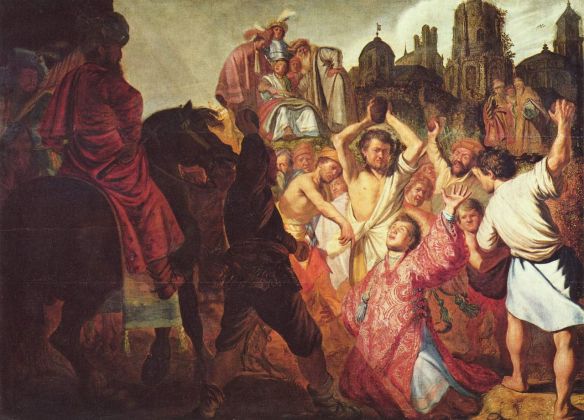John Calvin addressed the issue posed by the title in his Institutes of the Christian Religion. He says it’s absurd to dissuade people from praying because God always knows our needs without us informing Him. To the contrary, Calvin cites Psalm 145:18:
The Lord is near to all who call on him,
to all who call on him in truth. (ESV)
as the very reason that we should ask for His aid.
Calvin also shoots down the claim that it is unnecessary to ask for things He is ready and willing to provide. He cites Ps. 34:15:
The eyes of the Lord are toward the righteous
and his ears toward their cry. (ESV)
to assert that God bestows His gifts liberally in answer to the prayers of His children so as to prove His love toward them.
However, Calvin doesn’t discount our laziness and outright presumption at times:
…Although it is true that while we are listless or insensible to our wretchedness, he wakes and watches for use and sometimes even assists us unasked; it is very much for our interest to be constantly supplicating him:
First, that our heart may always be inflamed with a serious and ardent desire of seeking, loving and serving him, while we accustom ourselves to have recourse to him as a sacred anchor in every necessity;
Secondly, that no desires, no longing whatever, of which we are ashamed to make him the witness, may enter our minds, while we learn to place all our wishes in his sight, and thus pour out our heart before him; and,
Lastly, that we may be prepared to receive all his benefits with true gratitude and thanksgiving, while our prayers remind us that they proceed from his hand.
Calvin observes that we more earnestly desire continued answers once we’ve recognized He has answered our previous prayers. We identify His continual, active providence as His tangible demonstration of His promises to us through our experiences of answered prayer.
And so Calvin concludes that both of the following are true: Ps. 121:4
Behold, he who keeps Israel
will neither slumber nor sleep. (ESV)
And yet whenever He sees us insensible, or, may it not be, unbelieving, he withdraws as if he had forgotten us.

